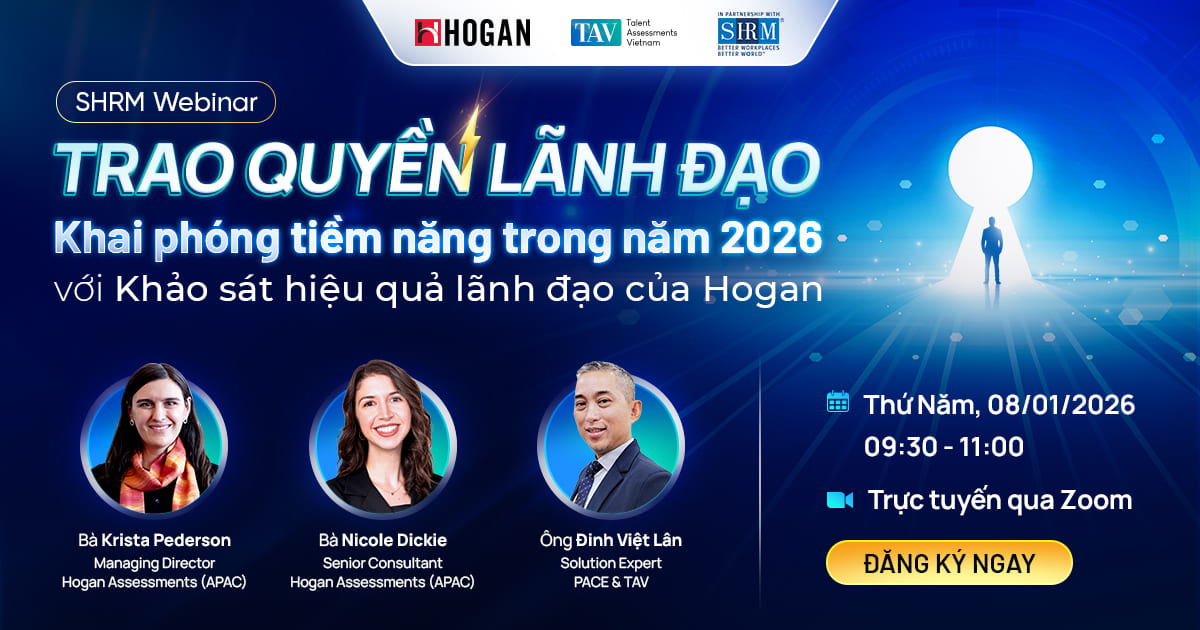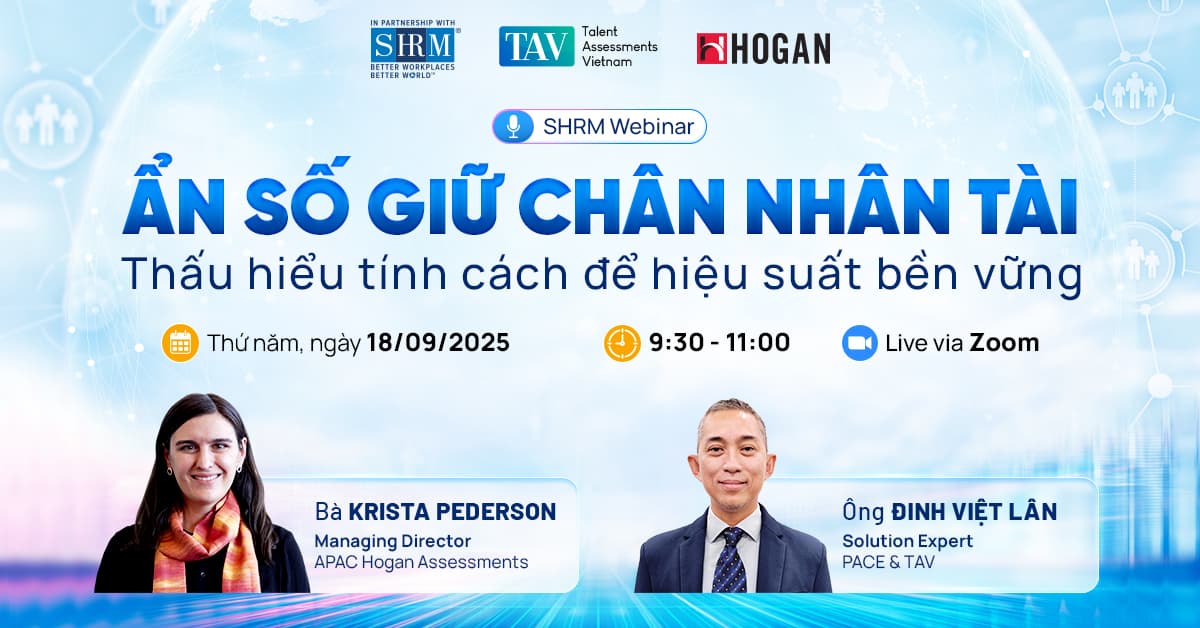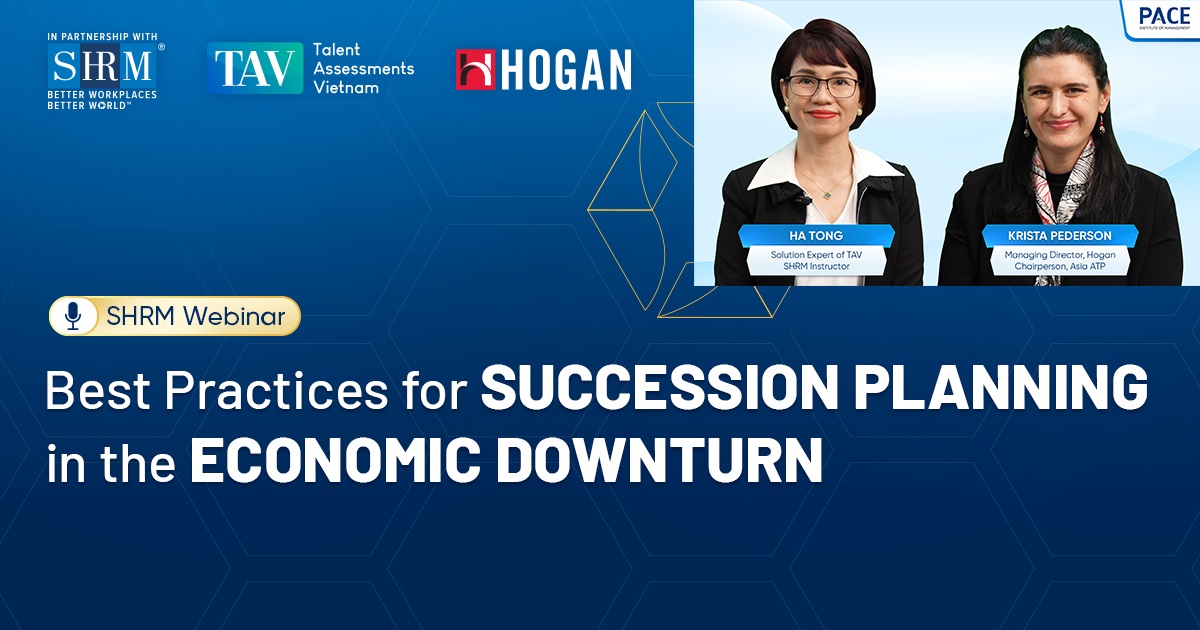FLEXIBILITY, FAIRNESS, TRUST, EMPOWERMENT MAKE WORK HUMAN
The upside of all the changes taking place in the world of work is that the human element is now being celebrated.
"The new organization looks like, feels like a living organism. Embrace that human element," said A. Sophie Wade, author of Embracing Progress: Next Steps for the Future of Work (Advantage Media Group, May 2017).
The "linear, continuous, compounding career" is over, she believes. It did provide structure, but it also assumed a uniformity that limited people.
"The good news is that careers are becoming individual-centric and self-managed," Wade said at the recent WorkHuman conference in Phoenix.
If companies want to retain employees and keep them productive in this new work environment, employees need to be engaged and given opportunities to personalize their career experiences, she said.
But many managers aren't prepared to deal with a more flexible, decentralized workforce, and valuable workers are missing out on information and on promotions, Wade asserted. She urged companies to develop a framework that addresses the needs of contract workers and that enables employees to move around to different jobs within the organization.
"When the composite workforce is well-integrated, individuals and teams can work effectively whatever their role or location."
Chinwe Onyeagoro, president of Great Place to Work US, sees the successful organization as a place where workers are able to trust their leaders and where they feel they are treated fairly.
Great Place to Work has been evaluating companies for more than 30 years, Onyeagoro said. "At the end of the day, people all want the same thing: They want to have pride in what they do. They want to enjoy the people they work for. They want to trust who they work for. They want leaders to have credibility, to treat them with respect and to treat them fairly as full members of the team."
A company's brand proposition is based on the answer to the question: "How was your day?" she said. "People are telling their stories, and not just to their family at the end of the day. They're telling them online. Glassdoor, Twitter, Facebook. Now you can learn basically anything about a company."
If a company wants to be recognized as a great place to work, it must make sure the answer to the question "How was your day?" is positive, she said. "If the answer is not what you want, work with leaders to make sure that it is over time."
Great Place to Work used to evaluate companies based on the average employee experience, she said. "Now we are taking a step back; we want to understand the experience across different demographics. It shouldn't be different experiences. We're looking for consistency. The more consistent, the better the performance."
A company that wants to be a great place to work needs to "set standards, reinforce those standards and hold all leaders accountable. It goes back to your values as an organization. It has got to be a lived thing," she said, adding that those standards should be spelled out in descriptive guiding behaviors and integrated into the company's hiring and onboarding practices.
Building a great place to work where employees trust their leaders pays off handsomely, Onyeagoro said, because the best companies have 50 percent less turnover and show much better satisfaction results. "That translates to improvement in operating profits. Best companies outperform the market by three times—they have nearly three times the return."
Sheri Feinzig, director of IBM Talent Management Consulting and the Smarter Workforce Institute and co-author of The Power of People (Pearson Press, 2017), also examined how a positive employee experience pays off for organizations.
She presented findings at the conference from the IBM/Globoforce study The Employee Experience Index. The index measured:
"The new organization looks like, feels like a living organism. Embrace that human element," said A. Sophie Wade, author of Embracing Progress: Next Steps for the Future of Work (Advantage Media Group, May 2017).
The "linear, continuous, compounding career" is over, she believes. It did provide structure, but it also assumed a uniformity that limited people.
"The good news is that careers are becoming individual-centric and self-managed," Wade said at the recent WorkHuman conference in Phoenix.
If companies want to retain employees and keep them productive in this new work environment, employees need to be engaged and given opportunities to personalize their career experiences, she said.
But many managers aren't prepared to deal with a more flexible, decentralized workforce, and valuable workers are missing out on information and on promotions, Wade asserted. She urged companies to develop a framework that addresses the needs of contract workers and that enables employees to move around to different jobs within the organization.
"When the composite workforce is well-integrated, individuals and teams can work effectively whatever their role or location."
Chinwe Onyeagoro, president of Great Place to Work US, sees the successful organization as a place where workers are able to trust their leaders and where they feel they are treated fairly.
Great Place to Work has been evaluating companies for more than 30 years, Onyeagoro said. "At the end of the day, people all want the same thing: They want to have pride in what they do. They want to enjoy the people they work for. They want to trust who they work for. They want leaders to have credibility, to treat them with respect and to treat them fairly as full members of the team."
A company's brand proposition is based on the answer to the question: "How was your day?" she said. "People are telling their stories, and not just to their family at the end of the day. They're telling them online. Glassdoor, Twitter, Facebook. Now you can learn basically anything about a company."
If a company wants to be recognized as a great place to work, it must make sure the answer to the question "How was your day?" is positive, she said. "If the answer is not what you want, work with leaders to make sure that it is over time."
Great Place to Work used to evaluate companies based on the average employee experience, she said. "Now we are taking a step back; we want to understand the experience across different demographics. It shouldn't be different experiences. We're looking for consistency. The more consistent, the better the performance."
A company that wants to be a great place to work needs to "set standards, reinforce those standards and hold all leaders accountable. It goes back to your values as an organization. It has got to be a lived thing," she said, adding that those standards should be spelled out in descriptive guiding behaviors and integrated into the company's hiring and onboarding practices.
Building a great place to work where employees trust their leaders pays off handsomely, Onyeagoro said, because the best companies have 50 percent less turnover and show much better satisfaction results. "That translates to improvement in operating profits. Best companies outperform the market by three times—they have nearly three times the return."
Sheri Feinzig, director of IBM Talent Management Consulting and the Smarter Workforce Institute and co-author of The Power of People (Pearson Press, 2017), also examined how a positive employee experience pays off for organizations.
She presented findings at the conference from the IBM/Globoforce study The Employee Experience Index. The index measured:
- Belonging—feeling part of a team, group or organization.
- Purpose—understanding why one's work matters.
- Achievement—sense of accomplishment in the work that is done.
- Happiness—the pleasant feeling arising in and around work.
- Vigor—the presence of energy, enthusiasm and excitement at work.

The study found that more positive employee experiences are linked to better performance, putting in extra effort at work and lower turnover. It found that employees with low employee experience index scores were more than twice as likely to say they wanted to leave compared to those with more positive experiences, Feinzig said. "Workers in the top 25 percent were 52 percent less likely to leave and 32 percent more likely to achieve higher performance."
The study identified the top organizational practices that drive more positive employee experiences: meaningful work (cited by 27 percent of respondents); empowerment and voice (17 percent); feedback, recognition and growth (16 percent); co-worker relationships (16 percent); organizational trust (15 percent); and work/life balance (8 percent).
The study made it clear that "employee experience and engagement go hand in hand," Feinzig said. Improving the employee experience starts with leaders and managers "getting the processes right so people can do their jobs. That influences how engaged and able they are to do their work."
But, according to the study, 44 percent of employees did not feel their senior leaders were providing clear direction about where the organization was headed, and 37 percent did not feel their managers were effective in serving and supporting the team.
Meaningful work means that employees' skills and talents are being fully utilized and there is alignment to shared, core values, according to the study. The presence of these characteristics was related to a 50-percentage-point increase in positive employee experience.
Employees who felt empowered, who felt their ideas and suggestions mattered, were more than twice as likely to report a positive employee experience than those who didn't feel that way (83 percent versus 34 percent).
Supportive co-worker relationships were also seen as an important driver of a positive work experience. When those relationships were present in the workplace, employees reported a much more positive employee experience than when that support was absent (77 percent compared to 35 percent).
Employees increasingly expect to trust their organizations to be responsible and act with integrity, according to the study. When those expectations were met, 83 percent of respondents described a positive employee experience, 46 percentage points higher than when those expectations were unmet.
Positive employee experiences were also associated with employees' flexibility in managing their work and other aspects of their lives, the study reported: It found a 31-percentage-point difference in employee experience when employees said their schedules were flexible.
Stephenie Overman is a freelance writer based in the Washington, D.C., area.
Was this article useful? SHRM offers thousands of tools, templates and other exclusive member benefits, including compliance updates, sample policies, HR expert advice, education discounts, a growing online member community and much more. Join/Renew Now and let SHRM help you work smarter.








